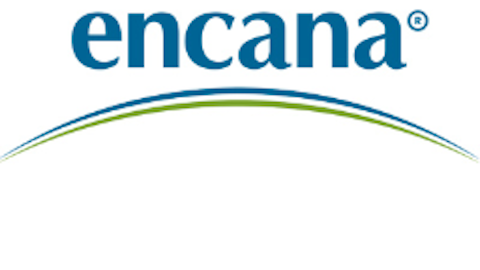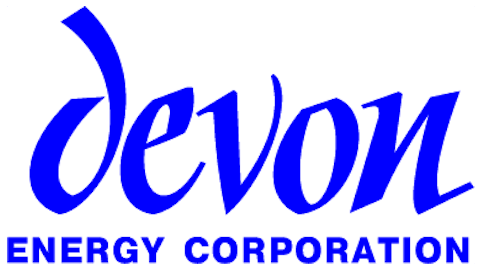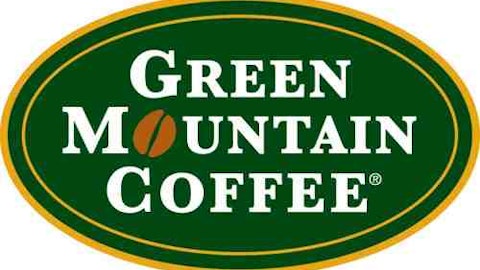Have you ever read a news article so outrageous that you wonder if you’ve stumbled across The Onion, or some other satirical news site? That keeps happening to me as I look into unbelievable stories of management behavior. We’ve got CEOs whose pay increases as stock prices plummet, whose businesses and families are direct competitors to the companies they run, and whose shady dealings enjoy full support from complicit or feckless boards. It beggars belief, and yet it’s absolutely real. If you’re a shareholder, you’re the last thing on their minds. You deserve better.

There’s a common thread through these stories: Officers in charge of running these companies – and creating value for you, the shareholder – are instead treating them as private piggybanks, thereby devastating share prices.
According to hedge fund TPG-Axon’s excellent backgrounder, SandRidge Energy Inc. (NYSE:SD)‘s CEO and chairman, Tom Ward, has overseen an 80% decline in the company’s stock price, but has enjoyed obscene compensation over the last five years nonetheless. Part of this came through SandRidge’s now defunct Executive Well Participation Plan (EWPP), by which Ward could own a working interest in SandRidge wells. This nifty little benefit was lifted directly from Chesapeake Energy Corporation (NYSE:CHK)‘s playbook, and we all know how that turned out for deposed CEO Aubrey McClendon.
The similarities should come as no surprise, given that McClendon and Ward co-founded Chesapeake. A recent Reuters analysis observes that, at both Chesapeake and SandRidge, “the CEOs have entwined their own finances with those of the publicly traded corporations they run.” Chesapeake has since made improvements, but it has a long way to go.
SandRidge rightly terminated the EWPP in 2008, although the process was another thumb in the eye to shareholders. The company bought out Ward’s interest for more than $67 million right as markets were collapsing. Worse still, most of the repurchased wells were natural gas, even as the company and Ward were publicly declaring SandRidge’s strategy to shift toward oil.
There’s more. Ward and his family have a stake in a cattle ranch and a family trust, both of which have purchased land ahead of SandRidge, then turned around and leased the land to SandRidge. There are dozens of examples of such related-party transactions, and they cost shareholders directly.
It would normally be the job of the board of directors to prevent such conflicts of interest, but SandRidge’s crew seems pretty content. Maybe that’s because they’re making $360,000 a year. That’s $75,000 more than directors at Exxon Mobil Corporation (NYSE:XOM), which commands a market cap more than 140 times greater than SandRidge’s. According to a recent Forbes article: “Mr. Ward presides over a sycophantic board that obsequiously bows to Caesar’s commands.”
TPG-Axon points out that SandRidge has the lowest credit rating and the highest equity dilution among its peers. It also has almost the highest cost of debt, and the highest overhead cost. TPG-Axon traces all of this back to chronic spending and lack of financial discipline.





